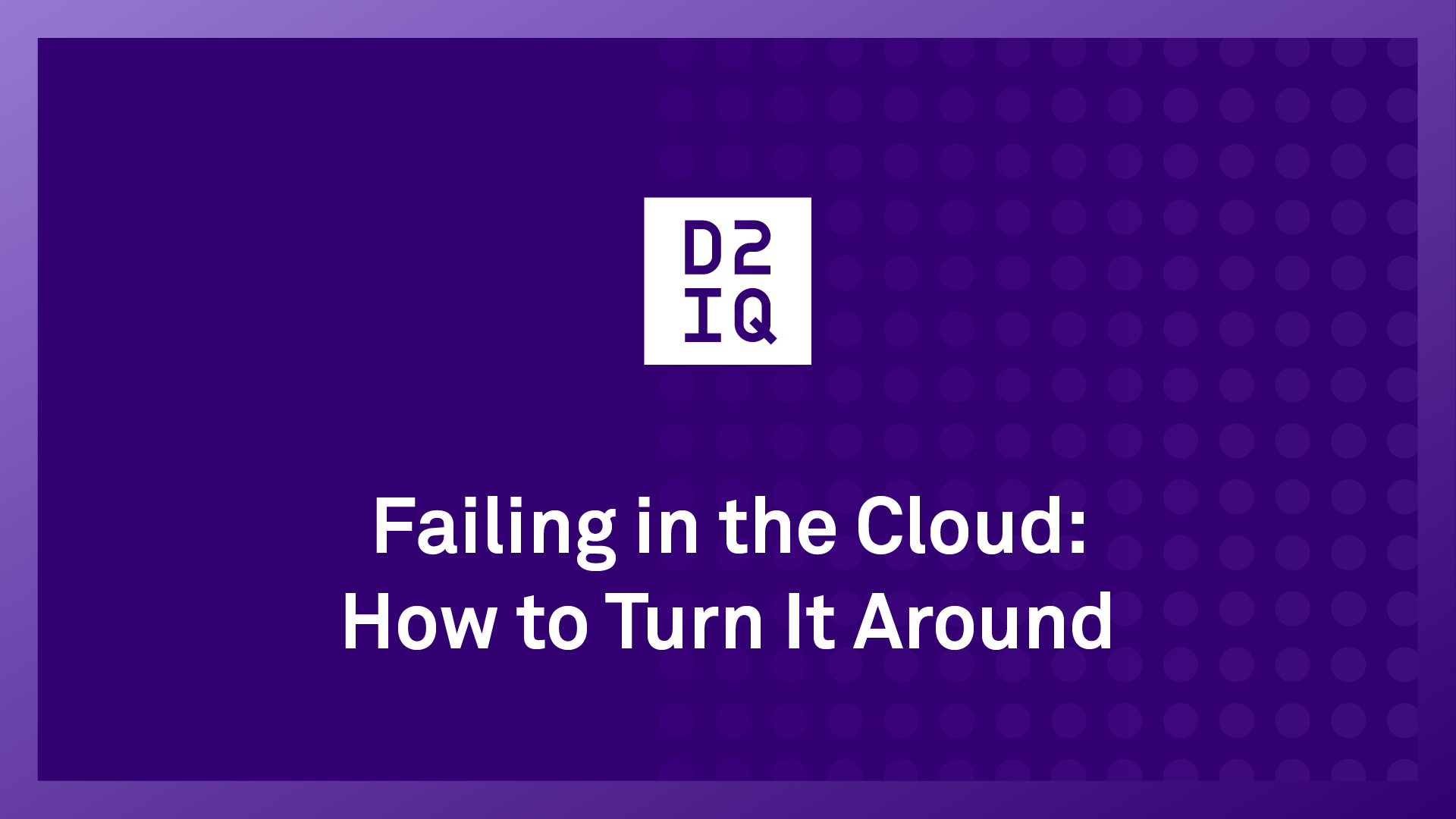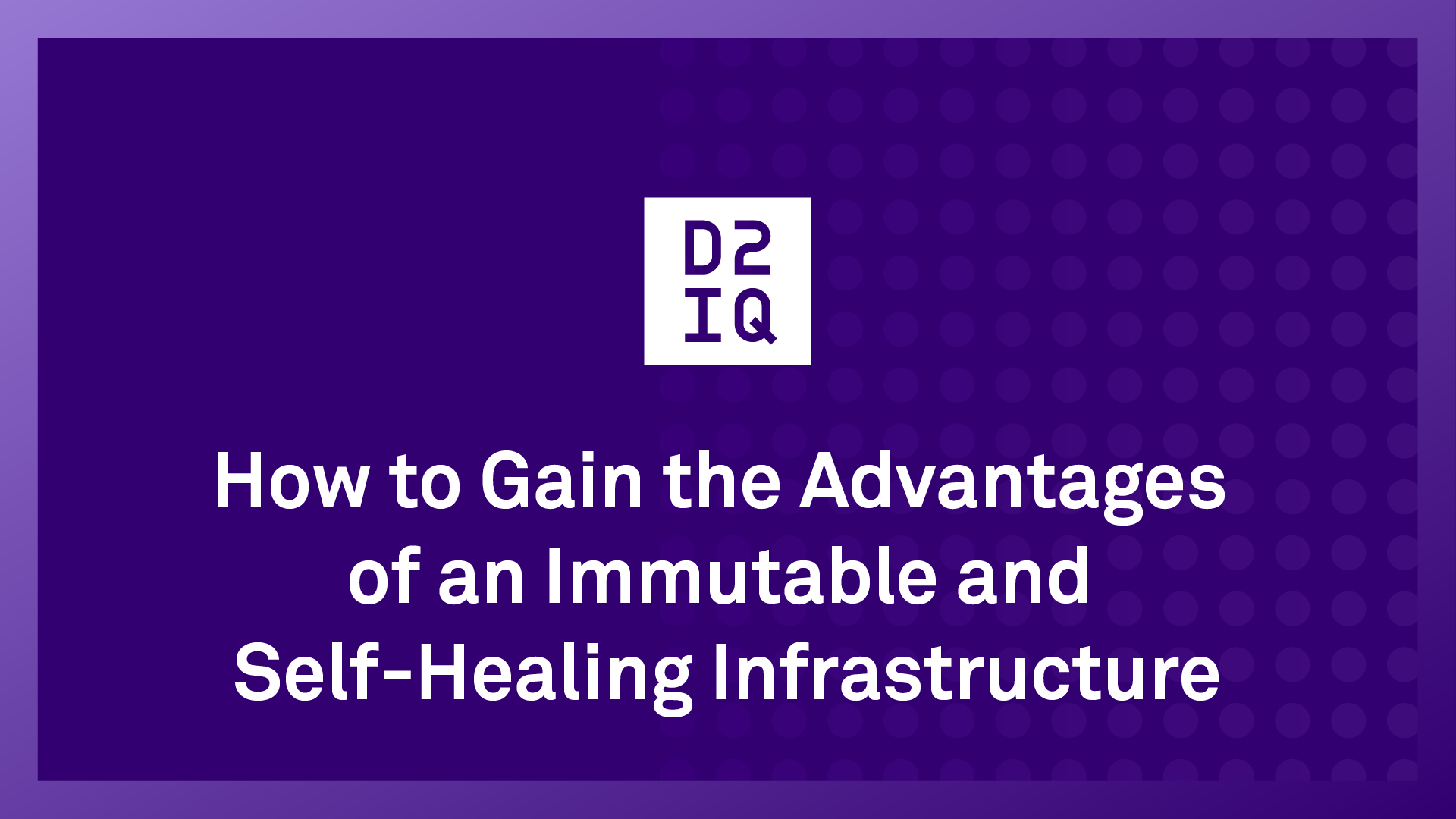Today’s businesses are looking for ways to better engage customers, improve operational decision making, and capture new value streams. As the world of data continues to grow and its pace of change accelerates, it’s never been more important for businesses to have fast access to actionable data to serve customers with personalized services, in real-time, and at scale. To do this, they need a fast data pipeline.
Fast data pipelines can be defined as a set of data systems arranged in a composable manner for capturing, moving, processing, and storing data with low latency. The benefits of Kubernetes and containerization also apply to data pipelines. Kubernetes can help you deploy, manage, and scale containerized components of your data pipeline. With a resilient data pipeline:
- Credit card companies can alert customers to potential fraud in real-time.
- Connected cars can supply up-to-the-minute traffic information.
- Doctors can provide insightful care recommendations based on predictive models.
- Manufacturing plants can detect product quality issues before they even occur.
Both sets of technologies are distributed systems, and for many businesses this has meant complex and siloed infrastructures or clouds, specialized knowledge to set up correctly, and a number of operational tasks that are often manual and error-prone. That’s why having a scalable infrastructure that is highly available, secure, and portable across different infrastructures matters.
We created this
use case to provide guidance about how to get real value from fast data pipelines on Kubernetes. We walk you through the benefits and challenges, as well as how to simplify the provisioning and deployment of fast data pipelines with the
D2iQ Kubernetes Platform.
To speak with a D2iQ Kubernetes expert,
contact us here.









